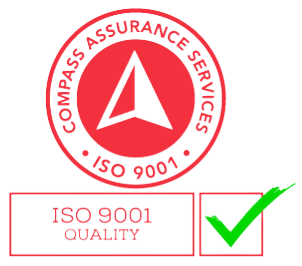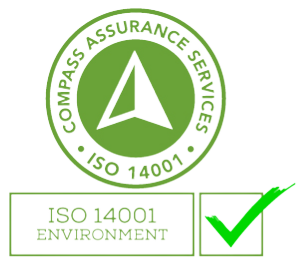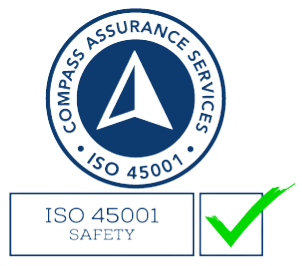A strata owners’ corporation has a legal responsibility to maintain the safety of their property, and amidst a lengthy list of items to take care of, electrical safety is right up there at the top.
From emergency lighting to who’s responsible for outages, here are seven electrical safety factors every owner’s corporation and strata manager should know.
Responsibility
As a general rule of thumb, an owners’ corporation, or body corporate, is responsible for all common areas of a building complex. This includes pool areas, car parks, common areas, walls, the exterior, and emergency signage.
That means, in essence, everything within the airspace of a unit is an owner’s responsibility while everything beyond it is the responsibility of the body corporate. But according to NSW law there are a couple of interesting exceptions and these include a few electrical matters.
Exceptions
Fair Trading NSW points out that one of these potential exceptions is light fittings. If a light fitting hangs into the unit, it’s the owner’s issue. If it recesses into the ceiling it’s a body corporate responsibility.
Meanwhile they also note that infrastructure supplying electricity to a unit is the body corporate responsibility, unless the fault lies in the cabling within the unit.
Emergency lighting
Found in corridors, car parks and general areas, emergency lighting is battery powered and automatically operates when a building loses power. According to the Australian Standard it must be checked and tested every six months by a qualified person to ensure it is working and any faulty items are replaced.
Records also need to be kept of this maintenance in the form of a tag or log book entry.
Tag and testing
Any electrical appliances in common areas will require regular tagging and testing on a six or 12-month basis, depending on the item. This is legislated to ensure appliances are in working order and free from faults. Like emergency lighting, tagging and testing should only be undertaken by a licensed professional and records need to be kept.
Switchboards and safety switches
And while we’re undertaking regular checks and maintenance, switchboards and safety switches also require regular TLC. While not subject to legislation, regular switchboard inspections allow owners corporations to deal with small issues before they develop.
Meanwhile safety switches are an essential precaution that should be tested regularly under law. This includes six-monthly push button tests and two-year operating tests conducted by a qualified professional.
Communal lighting
Whether it’s the lighting of a darkened path, car park illumination or pool lighting, good communal lighting is all about mitigating the risks of slips, falls or even crime.
For insurance purposes, communal lighting should be in working order at all times and be regularly tested to ensure it’s weather or water proof.
Smoke alarms
By law, the body corporate is responsible for the upkeep of smoke alarms in communal areas, and it’s important to note every smoke alarm has an expiry date. Under Australian Standards, smoke alarms must be tested and checked by a qualified professional on a regular basis to ensure insurance and safety regulations are met.
About us
Radi Electrical has an extensive and reputable track record in the strata industry throughout the greater Sydney region. Our services are available 7 days a week and extend to lighting, switchboard configuration, security and fire protection. You can contact us to learn more about our strata maintenance services and emergency repairs.



